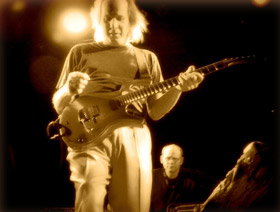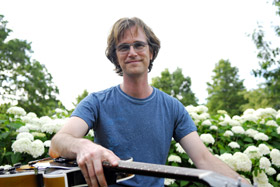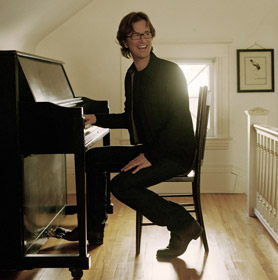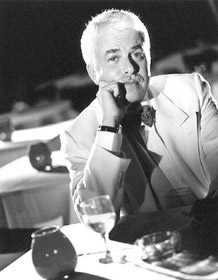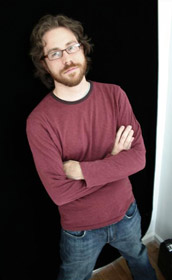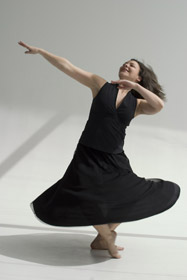Is there anything you’ve learned about the creative process that’s surprised you?
I’m impressed to see that if you work really hard at something, it does eventually pay off. And nothing in my life has proven that to me as much as the creative process. Sometimes you do have to work at it; it doesn’t always just flow out of you like lava. Sometimes you really do have to sit and [say], “How am I going to make this work? What can I do?” And really go deep within yourself or at least concentrate to such a degree that it gets tiring, you know? So I’m kind of amazed that the process works and that it’s still working.
Have you gotten any advice about creativity that particularly stands out?
No — strangely it’s not something that I think artists sit around and discuss, although perhaps they should. It’s more to me just the doing of it. In King Crimson, for example, every time we approach a new record, we set up a lot of obstacles to challenge ourselves with. For example, we will say, “Okay, we’re only going to use these few things. Out of all the things we can use, out of all the time signatures or all the chord changes or all the tones or whatever you have on your palette, these are the things we’re gonna use. We’re gonna take this box of twenty-four Crayons, empty it out, and only use these six.” I think, sometimes, challenging ourselves all the time, that’s what it’s all about.
I learned that technique by reading about the way that Stravinsky wrote. That was just a bit of information that somehow stuck with me — that you could do that — you could put parameters around what you’re doing, and it would help focus your creativity.
Almost the entire opposite way of working has worked a lot for me as well. A lot of times I come in the studio and I just start on something — I have a sound and I just start playing something. And then I build from there. It’s not preconceived. It’s not all a target that I’m even shooting for. It’s just free-form, and you create something out of it.
So between those two things — one’s a very disciplined way and one is a kind of haphazard way — I think that’s where most of my work exists. [laughs]


